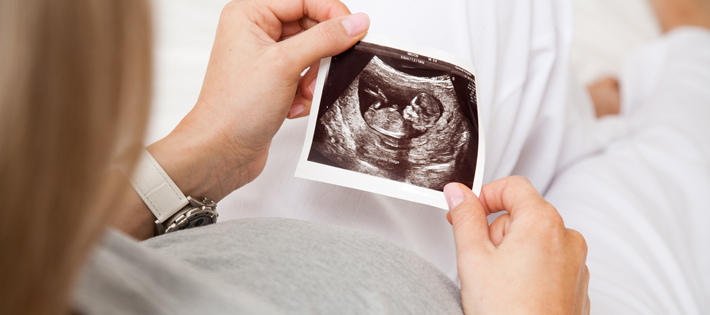Endometriosis increases risk of miscarriage
Published on: 25/06/2015
A team of researchers at Aberdeen Royal Infirmary have carried out a study on nearly 15,000 people in Scotland, 5,375 women with endometriosis and 8,280 healthy women to study the condition’s links with maternity complications.
Endometriosis is caused by cells from the lining of the uterus being found elsewhere in the body including the ovaries or vagina. These cells react in the same way as those in the womb, breaking down and causing bleeding each month. It can be hard to identify and it is thought to affect between 2% and 10% of women.
The key findings of the research were that:
They found that the condition increased the risk of miscarriage by 76%.
The odds of an ectopic pregnancy – in which the foetus develops outside the womb – were nearly trebled from 0.6% normally to 1.6% with endometriosis.
The chance of a premature birth increased by 26%
The need for a caesarean section increased by 40%.
Other complications such as ante and postpartum haemorrhage were also significantly increased.
Prof Andrew Horne, a consultant gynaecologist at the MRC Centre for Reproductive Health at the University of Edinburgh, said “These new findings suggest that we may need to warn women with endometriosis who become pregnant that they are at higher risk of both early and late complications in pregnancy, and may warrant increased antenatal monitoring.”
The study’s first author Dr Lucky Saraswat, consultant gynaecologist from Aberdeen Royal Infirmary, suggested a possible explanation for these increased risks, “We believe such changes in the pelvic and uterine environment could influence implantation and development of placenta, predisposing them to adverse pregnancy outcomes….Data from this Scotland wide study should inform health-care strategies for surveillance and early identification of complications in pregnancy in order to optimise outcomes in women and their babies.”
For more information see BBC article here and OnMedica report here
